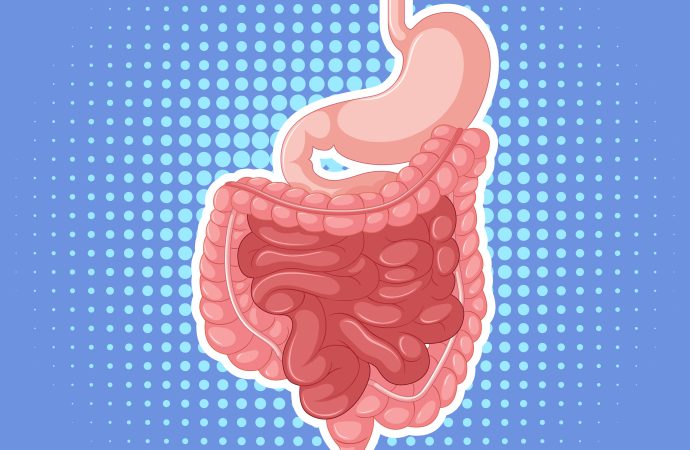Digestion is a fundamental process that allows our bodies to break down food and extract the nutrients needed for energy and overall health. The digestive tract, also known as the gastrointestinal tract, plays a crucial role in this complex process. In this article, we will explore the basics of digestion and gain a deeper understanding
Digestion is a fundamental process that allows our bodies to break down food and extract the nutrients needed for energy and overall health. The digestive tract, also known as the gastrointestinal tract, plays a crucial role in this complex process. In this article, we will explore the basics of digestion and gain a deeper understanding of how the digestive tract works.
The digestive tract is a long tube-like structure that starts from the mouth and ends at the anus. It is composed of several organs, including the mouth, esophagus, stomach, small intestine, large intestine, and rectum. Each organ has a unique function in the digestive process, and they work together in a coordinated manner to ensure that food is properly digested and absorbed.
The journey of food through the digestive tract begins in the mouth, where the process of chewing and mixing food with saliva starts the breakdown of carbohydrates. From there, the food travels down the esophagus, a muscular tube that connects the mouth to the stomach. In the stomach, food is mixed with gastric juices and broken down further by stomach acid and enzymes.
The partially digested food then moves into the small intestine, where the majority of nutrient absorption takes place. The small intestine is lined with tiny finger-like projections called villi, which greatly increase the surface area for absorption. Nutrients, such as carbohydrates, proteins, and fats, are absorbed into the bloodstream and transported to cells throughout the body for energy production and other essential functions.
The remaining undigested food then enters the large intestine, where water and electrolytes are absorbed, and waste products are formed. The large intestine also houses trillions of beneficial bacteria, collectively known as the gut microbiota, which play a vital role in digestion and overall health.
Finally, the waste products are eliminated from the body through the rectum and anus in the form of feces.
Understanding the basics of digestion and the role of the digestive tract is crucial for maintaining good digestive health. A well-functioning digestive system ensures that our bodies receive the necessary nutrients for optimal health and well-being.
However, several factors can impact digestive health, such as poor diet, stress, lack of physical activity, and certain medical conditions. Digestive disorders, such as constipation, diarrhea, acid reflux, and irritable bowel syndrome (IBS), are common issues that can affect the digestive tract and disrupt normal digestion.
It’s important to note that maintaining a healthy lifestyle, including a balanced diet, regular exercise, adequate hydration, and stress management, can greatly support digestive health. Consulting a healthcare professional for proper diagnosis and treatment of any digestive issues is also recommended.
In conclusion, the digestive tract is a complex system that plays a vital role in the process of digestion and nutrient absorption. Understanding the basics of digestion and taking steps to maintain a healthy lifestyle can go a long way in promoting optimal digestive health. So, let’s take care of our digestive tract and prioritize our overall well-being.

















Leave a Comment
Your email address will not be published. Required fields are marked with *